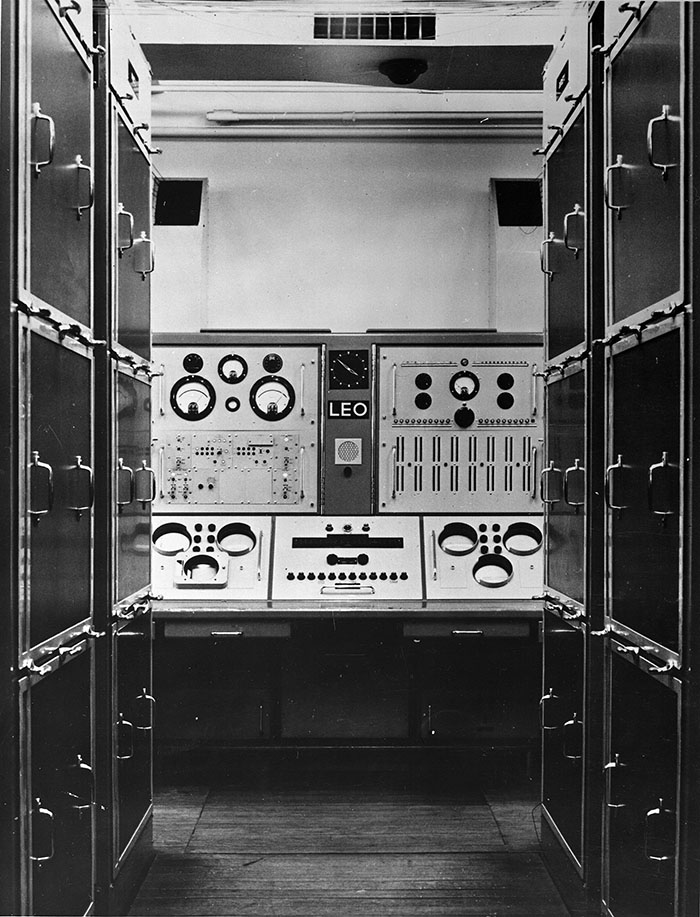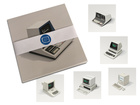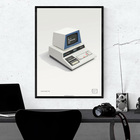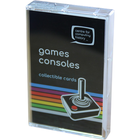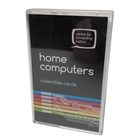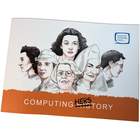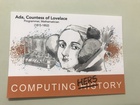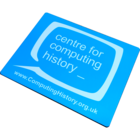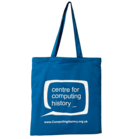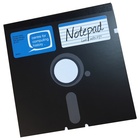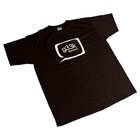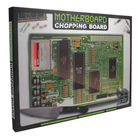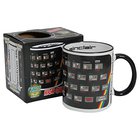Mary Coombs 1929 - 2022

The Centre for Computing History was very sorry to hear that Mary Coombs, the first woman to write programs for Lyons Electronic Office (LEO), the world’s first business computer, has died at the age of 93 in Stoke Mandeville Hospital following complications arising after a Covid infection. Mary Blood, as she then was, joined J. Lyons & Co. in 1952 as a management trainee, just a few months or so after LEO had run its first business application and following a holiday job arranged for her by her father, the company’s senior medical doctor. Initially, she was put to work in the company’s statistical office operating a calculating machine, but following a stellar performance in an aptitude test, was offered the chance to join the LEO team which, she always said, she jumped at. Well aware of her role as a computing pioneer – “We were all engaged in a big adventure,” she would say – she joined the computing team when there were few programmers on board, all men, becoming the only woman on a class of twelve on an introductory computer appreciation course. From here, it was straight into payroll applications for a rapidly growing range of external clients as well as developing programs for internal company use. It was a huge challenge. Not only had much of the work never been done before, but as Mary would point out, she was working on a notoriously unreliable valve computer, but also one that had just 2K bytes of computer storage compared to the “umpteen gigabytes” available to present programmers. “When it was LEO 1 you had to know a lot about the machine itself because there was so little storage space that every instruction had to be essential, or it had to be knocked out,” she would tell interested friends. As well as working on programming to handle payroll for companies such as Ford Motor as well as Lyons itself, Mary was also involved in such jobs as tax tables for the Inland Revenue, Met. Office work and the calculation of ballistics for the Army. She went on to become a supervisor and worked to locate and repair coding errors in the programs created by others. We were fortunate to have the opportunity to include Mary in our recently launched film about LEO. Family commitments meant that she ceased full-time programming in 1964, but continued to work part-time editing computer manuals and for a few months ran a computer programming course for severely disabled residents at the Princess Marina Centre, Seer Green, sponsored jointly by ICL and Buckinghamshire County Council. It was not until late 1969 that she concluded her formal working connection with the LEO team. Mary returned to full-time employment in September 1973 as a primary school teacher, completing a three-year postgraduate teaching course in 1976. She retired from teaching in 1985 and went on to work as a buyer in the water treatment industry. Mary Clare Coombs, nee Blood, was born on 4 February 1929 to her doctor father, William, and his wife, Ruth. She was educated at Putney High School and St Paul’s Girls School. Her favourite subject at school was maths, giving a clue to her later occupation. She went on, however, to read French and gain a BA Hons degree at Queen Mary College, London University. Mary married John Coombs (d. 2012), himself briefly a computer programmer on the LEO team, in 1955. Together they had a daughter, Anne, who sadly died in 1967 aged just six. Between 1965 and 1969 they adopted three more children, Andrew, Paul and Gillian. They survive her as do a younger sister, Ruth. Mary Clare Coombs, b. 4 February 1929, d. 28 February 2022 Other obituaries can be found at The Times, Computer Weekly, Computing, BCS, The Register, The Guardian, The Telegraph, the ACM, The Elective, and BBC Radio 4’s Last Word on Friday 18th March 2022. Photo of Mary Coombs (left): courtesy of Mike Hally / LEO Computers Society
Story By: John Aeberhard/Lisa McGerty Date : 09-03-2022 |

